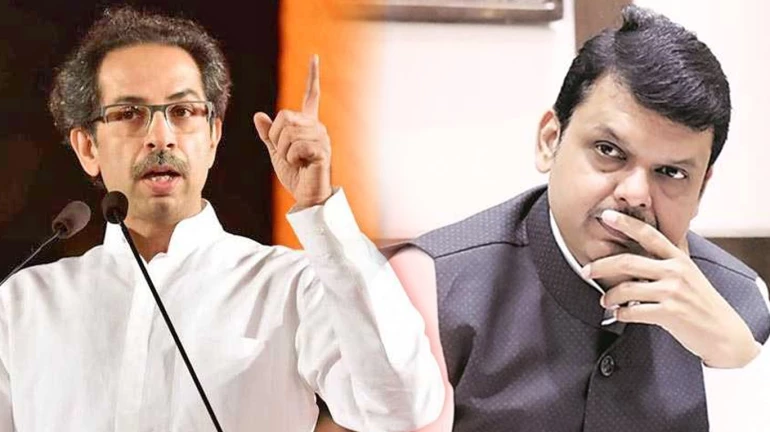
The upcoming election is a crucial one, as Maharashtra has witnessed political turmoil in the last two years. In June 2022, the Shinde faction of Shiv Sena joined hands with the BJP, and in July 2023, the Ajit Pawar faction of the Nationalist Congress Party (NCP) joined the ruling government.
The state administration has launched several cooperative sector initiatives in the previous eight months, particularly since Ajit Pawar joined the ruling alliance. These initiatives were implemented by the government so that they could connect with people affiliated with the sector.
These developmental schemes were associated with sugar factories, credit societies, banks, and irrigation projects. Whichever side they choose in the next polls, it could affect the outcome in at least 22 of the 48 Lok Sabha seats in Marathwada and western and north Maharashtra.
One of the most significant decisions made by Dilip Walse-Patil, Pawar's colleague and Cooperation Sector Minister, was to provide an INR 1.50 per unit subsidy for the electricity that sugar factory co-generation power plants provide to the Maharashtra State Electricity Distribution Company Limited. When one considers the millions of units these plants produce daily, the subsidy amounts to crores.
The cooperation department provided INR 100 crore via an insurance policy that guaranteed coverage up to INR 1 lakh if a credit society went insolvent or closed, providing relief to about three crore depositors, including farmers.
The government also consented to act as guarantor for eleven sugar plants in Marathwada and western Maharashtra that were applying for INR 1,192 crore in loans from the Maharashtra State Cooperative Bank and the National Cooperative Development Corporation.
Just before the announcement of the Lok Sabha elections and the implementation of the model code of conduct last week, the government once again acted as guarantor for thirteen sugar plants located in the northern, western, and Marathwada districts of Maharashtra. These industries sought loans totaling INR 1,898 crore.
Aside from Pawar's group leaders and the BJP, the factory is run by Congress MLA Bhor Sangram Thopte. Pawar's wife Sunetra will take over her sister-in-law and sitting MP Supriya Sule in Bhor, which is a portion of the Baramati Lok Sabha seat.
Political scientist Abhay Deshpande opined that farmers and those connected to these institutions profit indirectly from the cooperative sector, and it also directly benefits the regional and local elites who run the banks, milk federations, sugar mills, and other businesses.
This also allows the ruling government to set up reminders about their good work for the voters, he added.
The Lok Sabha constituencies—Pune, Baramati, Shirur, Maval, Solapur, Madha, Kolhapur, Hatkanangale, Sangli, Satara, Ahmednagar, Dindori, Latur, Nanded, Hingoli, and Jalna—have sizable populations that are either directly or indirectly involved in the cooperative sector.
The opposition alliance, Maharashtra Vikas Aghadi (MVA), consisting of Shiv Sena (UBT), NCP (SP), and Congress, will put up a fierce electoral fight against the Mahayuti of the BJP, Eknath Shinde-led Shiv Sena, and Ajit Pawar's NCP.





